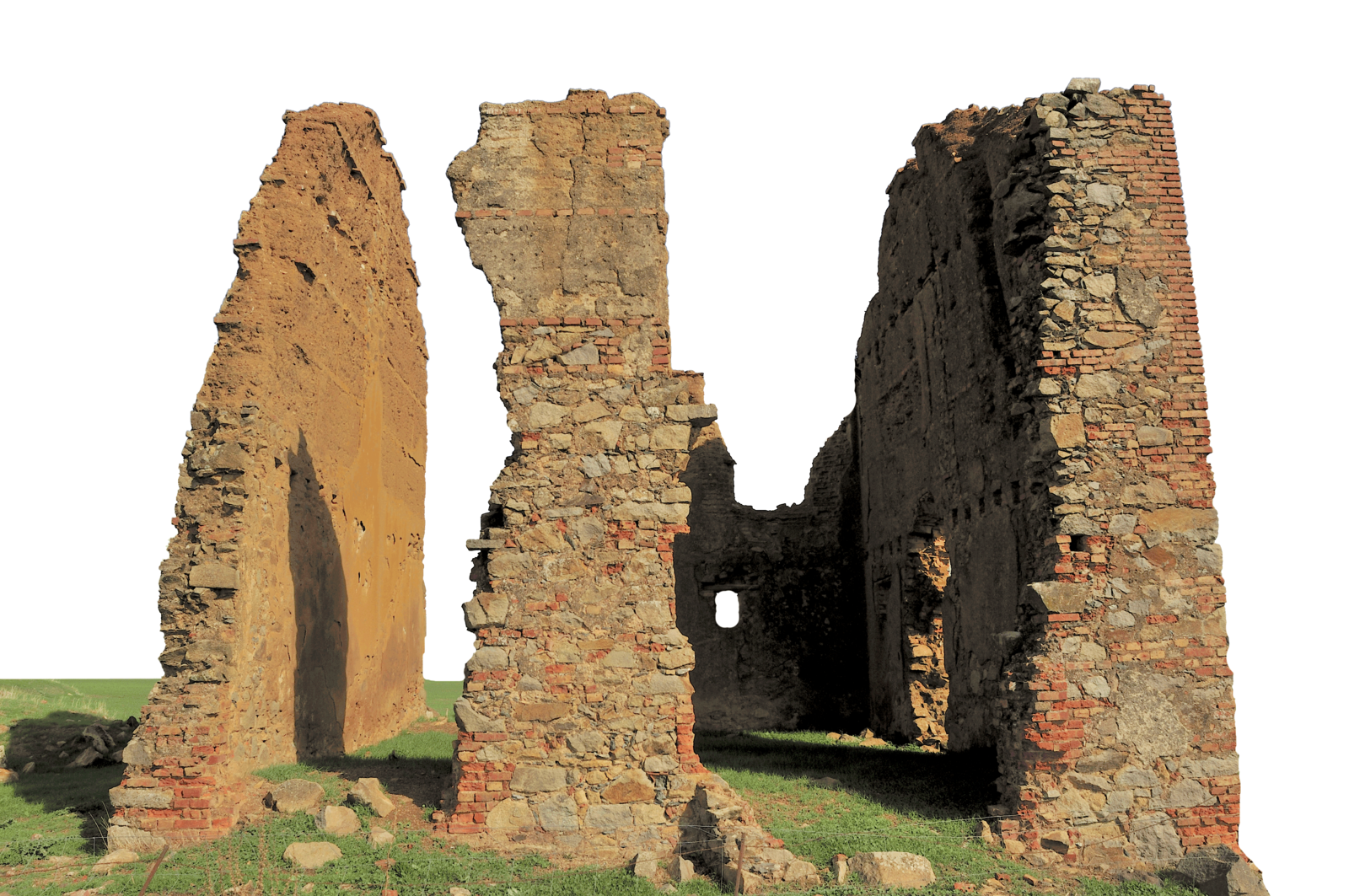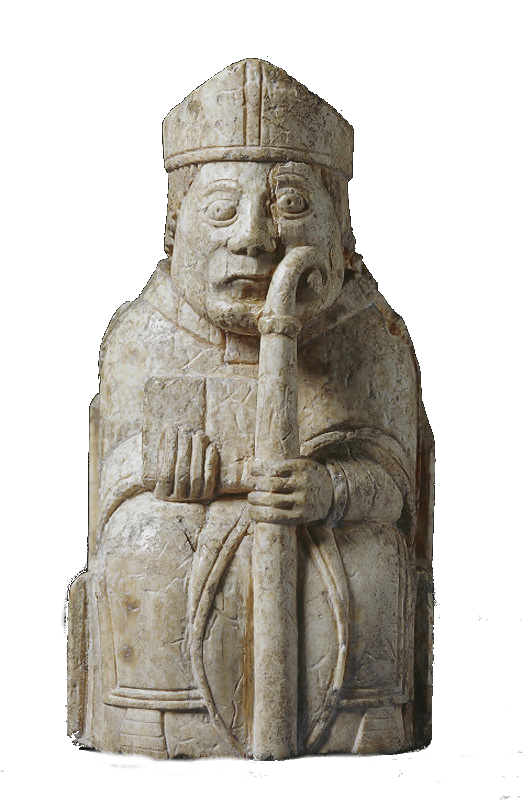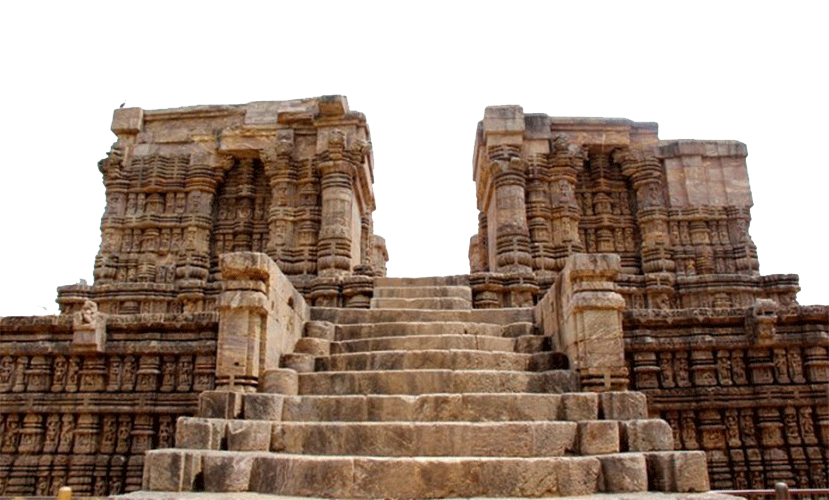Archaeology
Welcome to c/Archaeology @ Mander.xyz!
Shovelbums welcome. 🗿

Notice Board
This is a work in progress, please don't mind the mess.
- 2023-06-15: We are collecting resources for the sidebar!
- 2023-06-13: We are looking for mods. Send a dm to @[email protected] if interested!
About
Archaeology or archeology[a] is the study of human activity through the recovery and analysis of material culture. The archaeological record consists of artifacts, architecture, biofacts or ecofacts, sites, and cultural landscapes.
Archaeology has various goals, which range from understanding culture history to reconstructing past lifeways to documenting and explaining changes in human societies through time.
The discipline involves surveying, excavation, and eventually analysis of data collected, to learn more about the past. In broad scope, archaeology relies on cross-disciplinary research. Read more...
Rules
- Don't throw mud. Be kind and remember the human.
- Keep it rooted (on topic).
- No spam.
- No pseudoscience/pseudoarchaeology.

Links
Archaeology 101:
Get Involved:
University and Field Work:
- Archaeological Fieldwork Opportunities Bulletin
- University Archaeology (UK)
- Black Trowel Collective Microgrants for Students
Jobs and Career:
Professional Organisations:
- Chartered Institute for Archaeologists (UK)
- BAJR (UK)
- Association for Environmental Archaeology
- Archaeology Scotland
- Historic England
FOSS Tools:
- Diamond Open Access in Archaeology
- Tools for Quantitative Archaeology – in R
- Open Archaeo: A list of open source archaeological tools and software.
- The Open Digital Archaeology Textbook
Datasets:
Fun:
Other Resources:

Similar Communities
Sister Communities
Science and Research
Biology and Life Sciences
Plants & Gardening
Physical Sciences
Humanities and Social Sciences
Memes
Find us on Reddit

view the rest of the comments
This is the best summary I could come up with:
An international research team, of which Lund University in Sweden is a member, has been able to draw new conclusions about the effects of migration on ancient populations by extracting DNA from skeletal parts and teeth of prehistoric people.
In addition to violent death, it is likely that new pathogens from livestock finished off many gatherers," says Anne Birgitte Nielsen, geology researcher and head of the Radiocarbon Dating Laboratory at Lund University.
A thousand years later, about 4,850 years ago, another population change took place when people with genetic roots in Yamnaya -- a livestock herding people with origins in southern Russia -- came to Scandinavia and wiped out the previous farmer population.
These big-boned people pursued a semi-nomadic life on the steppes, tamed animals, kept domestic cattle and moved over large areas using horses and carts.
The study also provides a deepened understanding of historical migration flows, and the interpretation of archaeological finds and changes in vegetation and land use found in palaeoecological data.
In addition to Lund University, around 40 European, American and Australian higher education institutions and organisations took part in the study.
The original article contains 453 words, the summary contains 186 words. Saved 59%. I'm a bot and I'm open source!